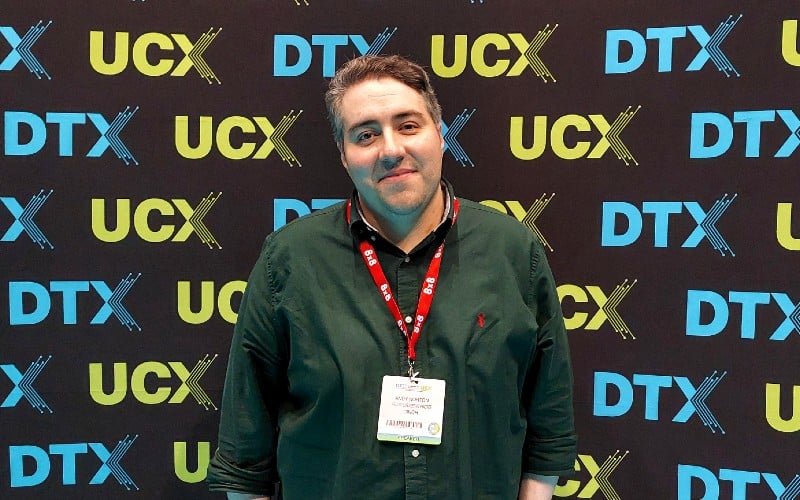A new breed of ‘hypergrowth’ technology startups have hit the headlines for the right and wrong reasons in recent times.
Cazoo, which raised eye-boggling sums of investment before an $8 billion SPAC merger in New York last year, recently announced plans to shed 750 jobs – 15% of its workforce – close its subscription service and focus on the UK, blaming economic uncertainty and supply chain issues.
Another online used car buying service, Carzam, entered administration after failing to raise further money due to faltering investor confidence.
However Manchester-based online used car marketplace Cinch, owned and operated by the Constellation Automotive Group, is pushing ahead with a far-reaching marketing strategy.
The firm, which aims to take ‘the faff’ out of buying and owning a used car, has itself scaled to a unicorn valuation after growing from 20 people in a small office to 350 in two-and-a-half years.
“In two years we’ve gone from startup to scaleup unicorn. We needed to make sure we had the right engineering practices in place,” head of engineering practice Andy Norton, who joined the firm a year ago, tells TechBlast.
“As a startup, a lot of it is experimenting, quick wins and getting something in front of customers – but we had to go back and connect the dots. What had we missed? Where were the gaps? Where are the constraints?
“A lot of it is elephant spotting – ‘we’ve got a problem here as an organisation, we need to look into it’.”
Crystal Palace deal
Unlike Cazoo, Cinch doesn’t publicise its performance. However the recent decision to sponsor Premier League football club Crystal Palace – added to deals with the England cricket team, SPL football league in Scotland, rugby club Northampton Saints and tennis championships – may be a sign that its growth is more sustainable.
It was also recently revealed that it has more vehicles in stock than Cazoo.
“We’ve had a minimal viable organisation that had just enough people at any point in time to get to the next stage of growth,” Norton explains to us at the recent Digital Transformation Expo (DTX) in Manchester. “We’re now looking at how to take the success that we’ve had and bring in new teams.”
Cinch, which launched when the first COVID lockdowns prevented people from viewing vehicles in person, doesn’t partner with sales garages: it offers the whole car-buying journey, from discovery to payment and home delivery.
Engendering trust
Norton acknowledges that it can be tricky to convince people to trust the fully digital model. “Only 2% of used cars are sold [exclusively] online, so is there a market fit for something like Cinch?” he asks.
“You’ve got the early adopters who buy everything online; but it’s hard to get the people who are used to spending a month going round garages and seeing eight cars [before making a choice]… or those who have spent 40 years at auctions!
“How can we ensure they have enough trust in this website, what it’s telling them, the brand and the checks behind it?”
“There’s a lot that goes into making sure that it’s the best customer experience for buying a car.”
Users can trade in a car as part-exchange, while Cinch performs full refurbishments of the vehicles on its platform and includes 360-degree photography of both the inside and outside.
Customers who aren’t happy with the vehicles they receive have the option of returning them.


